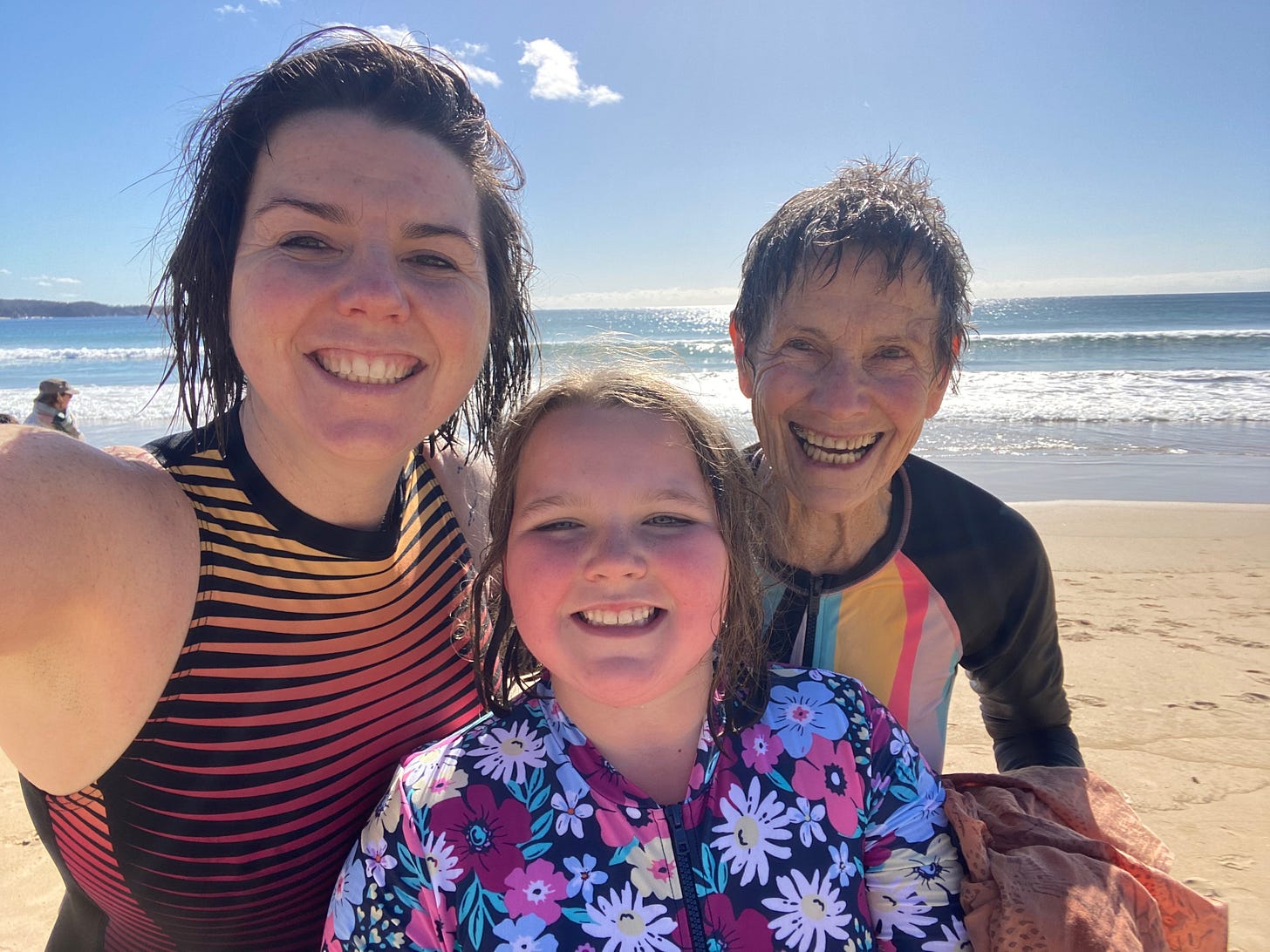So, this post is pretty niche. I reckon it’ll mostly appeal to those of you who are writers and planning on doing a book tour in the near future (time-specific because my word, this industry changes v e r y s l o w l y in some respects but in terms of marketing and publicity things can move fast!). But maybe there are some general lessons to be learned here, too.
What I can’t give you is a definitive cost breakdown and analysis of money spent against books sold. Partly because I haven’t done that yet and also because that data is extremely hard to get. Even if you have access to Book Scan data (which I do from time to time) - it’s still really hard to work out actual figures (something that Chris Flynn talks to Irma Gold about on this ep of the Secrets from the Green Room podcast). As a general statement though I can say I spent far more money on this tour than what I earned from book sales; a fact I was prepared for and, importantly, able to do.
And I’m only giving you my experience on this: I’m keenly aware of the privilege I have in being able to take time away from home and family, and (at this point) be able to budget and invest for this tour. That’s not something every author can do.
What I can give you is some info on how many places I visited, how that got organised and how I managed it, along with some tips on what I reckon works.
With all those disclaimers out of the way, here are ten useful things I learned about book tours during The Hummingbird Effect tour from August - Nov this year.
It’s worth planning in advance.
There are all sorts of timelines in publishing and you may be in a position where you know your publication date well in advance, or you may be winging it a little. Either way, getting YOUR ideas about your tour wishlist together is a good first step. I made a big list of bookshops I wanted to visit or had a connection with, what I wanted for my hometown launch (a bar, a band, food, a ‘union’ themed space), other authors I could ask to host in conversation events, themes and topics I could speak to in relation to the book etc. I gave this to my publicist ahead of our first meeting and it helped to guide what came next.
Other things that were important to flag in advance: family holidays, school holidays, events I had already committed to. In general, publicists will ask for a space of time around publication (might be a week, two weeks, six weeks) where you are available for book promotion. On that list, I organised regional book stores together - particularly ones I knew I could combine with family holidays, and we worked towards a draft calendar that included those.
Did I get everything on my list - no. But I also got a bunch of other opportunities - some my publisher arranged and some I did myself.
If you’re traditionally published, your publicist really has the reigns for organising a book tour, but you can work together or pitch event or tour ideas. This is something i’ve got far more confident doing. If booksellers DM me on socials, I’ll know start organising an event or visit myself and make sure my publicist is cc’ed in. It’s SUPER important that bookshops know in advance if you are coming (check out this ep from Secrets from the Green Room), in particular because it can be embarrassing for everyone if there’s no stock of your book when you show up. Your publisher and/or sales rep have to be in on this convo.
Keep reading with a 7-day free trial
Subscribe to The Bowerbird to keep reading this post and get 7 days of free access to the full post archives.




